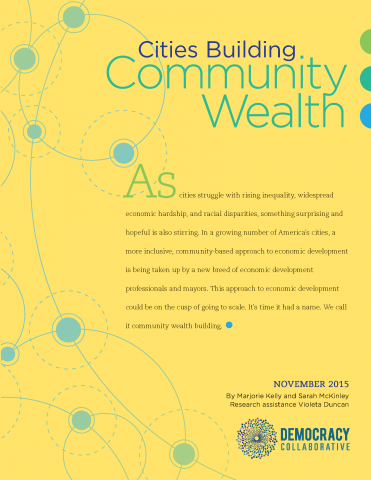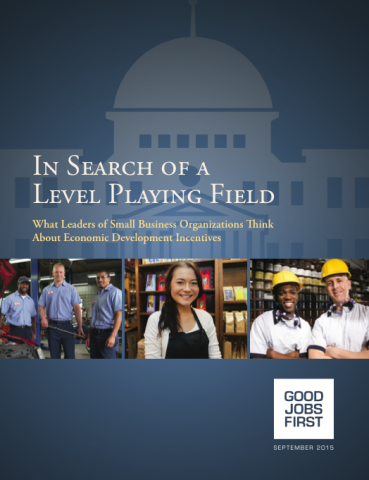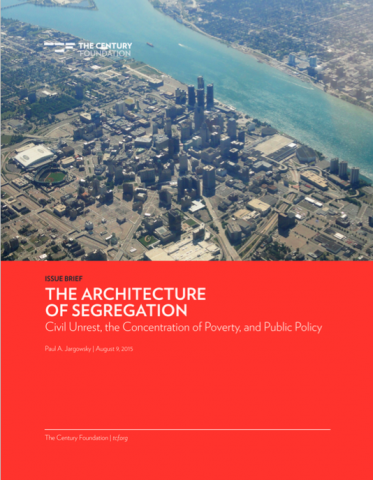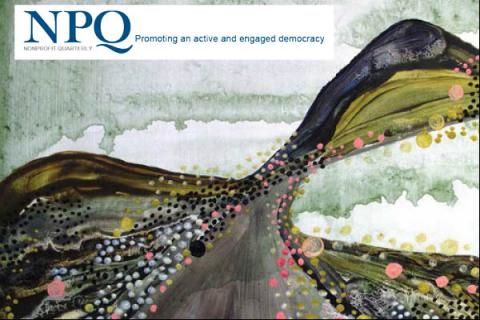Like many major metropolitan areas in the United States, Toronto is experiencing fast-paced growth. Canada's finance and business capital has more cranes in the sky than New York City—with nearly 50 percent more high-rises undergoing construction than in the big apple. Read more about A City with Opportunities for All: Toronto, Canada...





